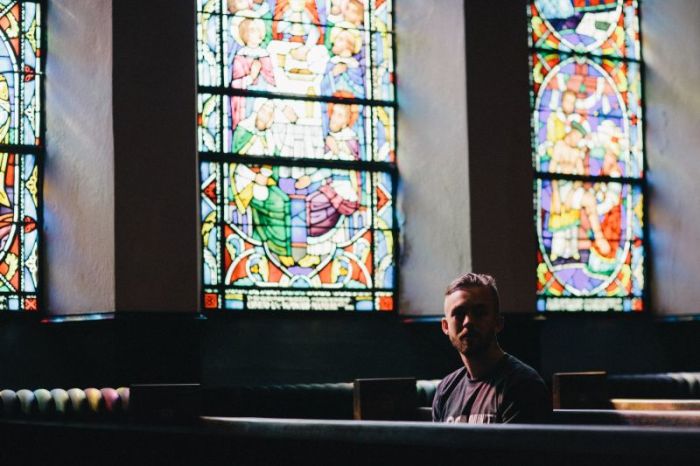5 trends of church closures since COVID-19

“You were too late.”
Those were the words I heard from a conference attendee where I was speaking. It took me a few minutes to understand his meaning, but I finally got it. He was referring to my book, Autopsy of a Deceased Church. But his church had already shut its doors. Any help from the book was too late for that congregation.
Church closures were not the topic of church leaders until recent years. Now, more leaders are facing the reality that no congregation is immune from decline and possible death.
I have been watching church closure trends as carefully as possible for the past several years. I use the phrase “as possible” because precise data is impossible to obtain. We simply don’t have detailed information on how many churches close in North America each year. The estimates range from 5,000 to 10,000.
But we are able to discern some trends taking place in light of COVID-19. With churches unable to have in-person services, and with possible financial challenges, many churches are more at-risk than before the pandemic. Here are five trends we are watching closely:
- Church leaders are more hopeful today than they were at the onset of the pandemic and suspension of in-person services. In our earliest survey of church leaders at the onset of the pandemic, 15 percent of church leaders said their churches were at serious risk of closure. In a similar poll just a few weeks later, only 3 percent had such dire pessimism.
- Some church closures will be delayed as pastors move from fulltime to bi-vocational. We have heard from a number of pastors who have made the tough decision to move to bi-vocational status as a consequence of tightening financial realities during the pandemic. This will, at least for a season, delay church closures. It will not by itself reverse the path of decline of these churches.
- The possibilities or likelihood of church closures have been wake-up calls for many leaders during the pandemic. One leader wrote to us: “God has used COVID-19 to slap me in the face and let me know we can’t do business as usual in my church. I know my church won’t be the same when we return, and I am determined I won’t be the same go-with-the-flow leader I have been.”
- More churches will move into a foster relationship to avoid closure. We are watching closely a phenomenon I have coined “fostering.” It refers to a church that cannot sustain health within its own congregational family. As a consequence it receives or seeks help from another church for a defined period. At the end of that period, the struggling church is hopefully healthier. If not, it may become a candidate for adoption.
- More churches will avoid closure by becoming adopted. For years, we have used the term “church replanting” to refer to the acquisition of the assets of one church by another. Sam Rainer changed the terminology to “adoption” since one church family is welcomed and brought into another church family. The trend of adoption will accelerate as a consequence of the pandemic.
For sure, these five trends do not represent an exhaustive list, but they do demonstrate the impact of COVID-19 on many congregations. While the pandemic did not cause these church struggles, it certainly has accelerated the consequences of them.
Thom S. Rainer is the founder and CEO of Church Answers, an online community and resource for church leaders. Prior to founding Church Answers, Rainer served as president and CEO of LifeWay Christian Resources.




























